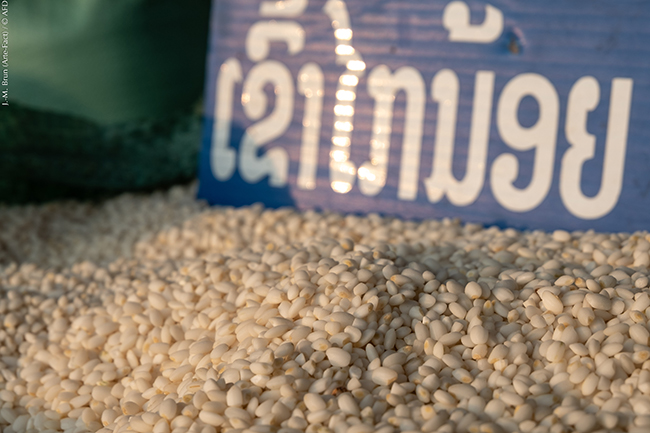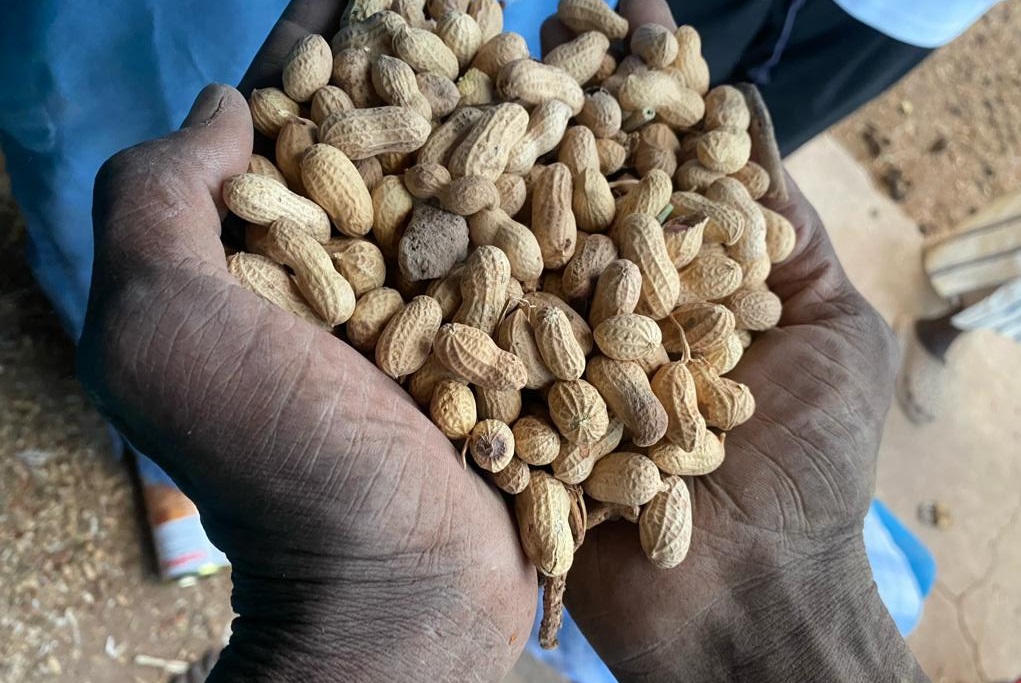There is a long history behind the use of origin marks. Producers and consumers are familiar with products such as Parma ham, Darjeeling tea and Champagne. GRET has been working on this subject for almost 20 years, supporting recognition of geographical indications (GIs) for Kampot pepper in Cambodia (2010), Penja pepper in Cameroon (2013), and Khao Kai Noi rice in Laos (2020) – to name but a few.
Agence française de développement (AFD) considers geographical indications, which are official signs of a product’s quality and origin, as “a possible means to differentiate, better valorise and protect denominations of agricultural and agrifood products” for developing countries.
Since 2007, AFD has been working in favour of geographical indications through 18 projects in more than 16 countries, mainly on export agrifood value chains. GRET was mandated by AFD and the French Global Environment Facility (FFEM) to conduct a cross-cutting evaluation of projects that had already been evaluated and three projects that recently ended.
This evaluation indicates that, apart from institutional support that is relatively effective, two main objectives were sought in providing support for GI value chains: penetrate new export markets and increase small producers’ income. Although penetration of new export markets is possible – but nevertheless rare and complex –, the overall impact on a fair increase in small producers’ income raises questions.
“Quality value chain” projects require local support for producers’ groups, on an ongoing basis over time. The quality signs to be promoted must be chosen by groups based on market research, during projects and not in advance by external experts.
Lastly, the choice of value chains is essential to ensure a positive impact on climate and biodiversity. Fresh product value chains intended for exportation by aeroplane or with no ecological constraints in their specifications should not be funded by AFD.
Read the report (FR): Looking back at fifteen years of AFD support for geographical indications. What contribution to sustainable development? How to do better? | AFD – Agence Française de Développement





